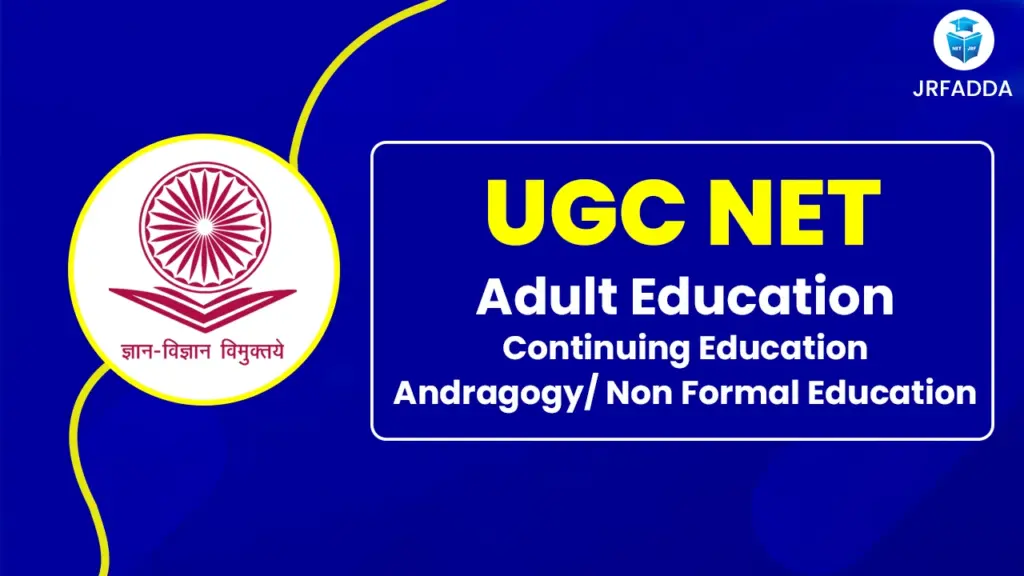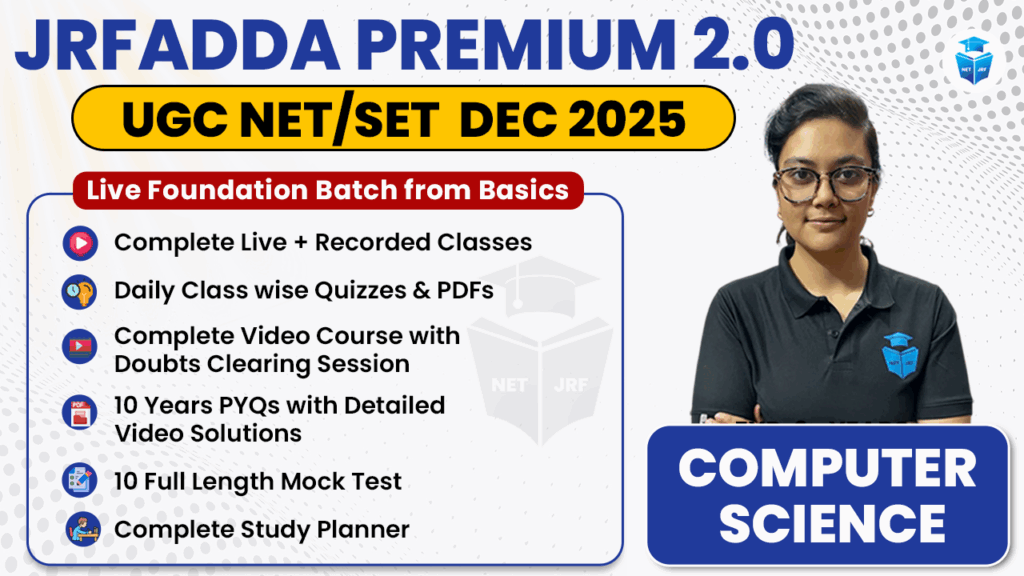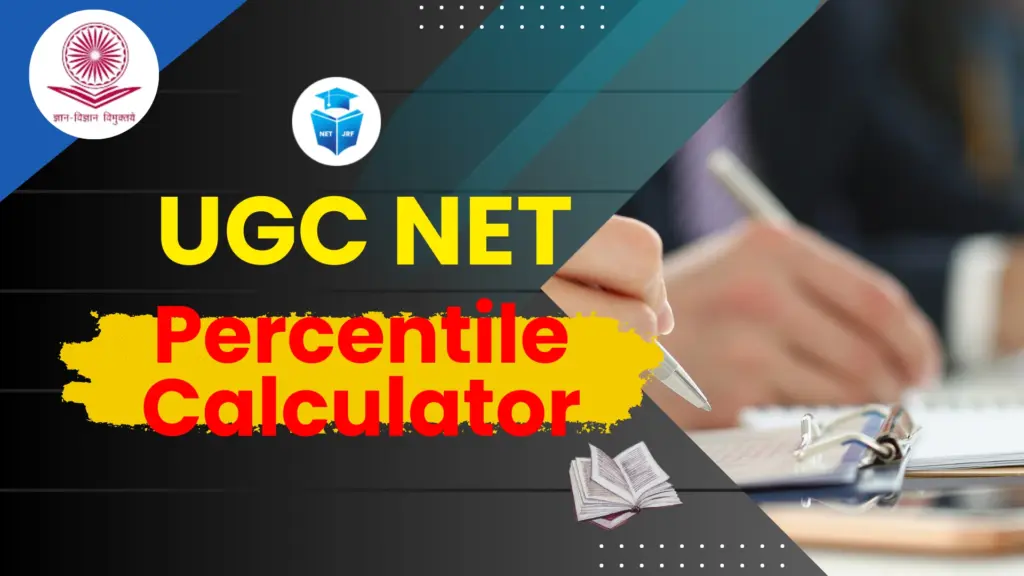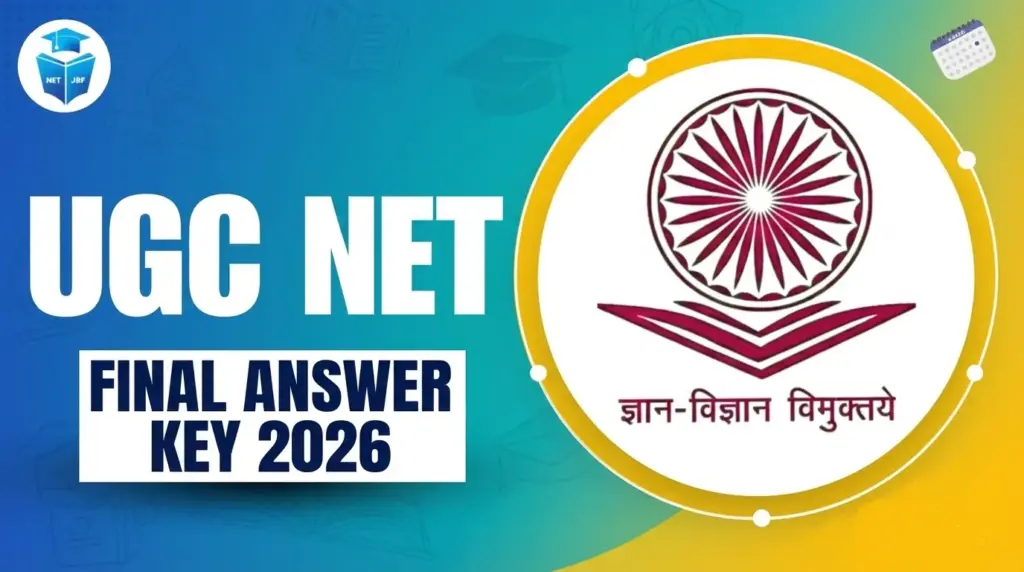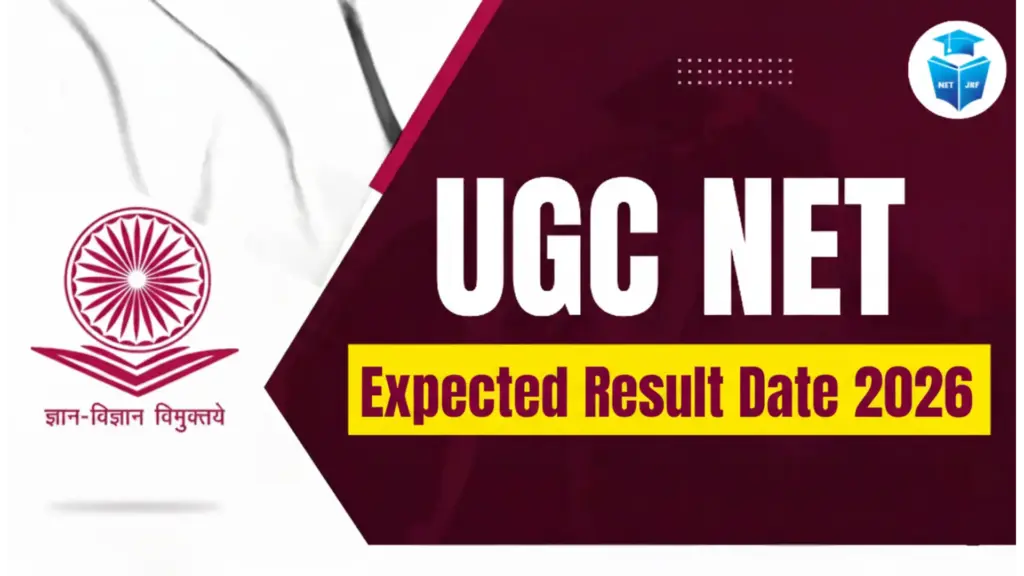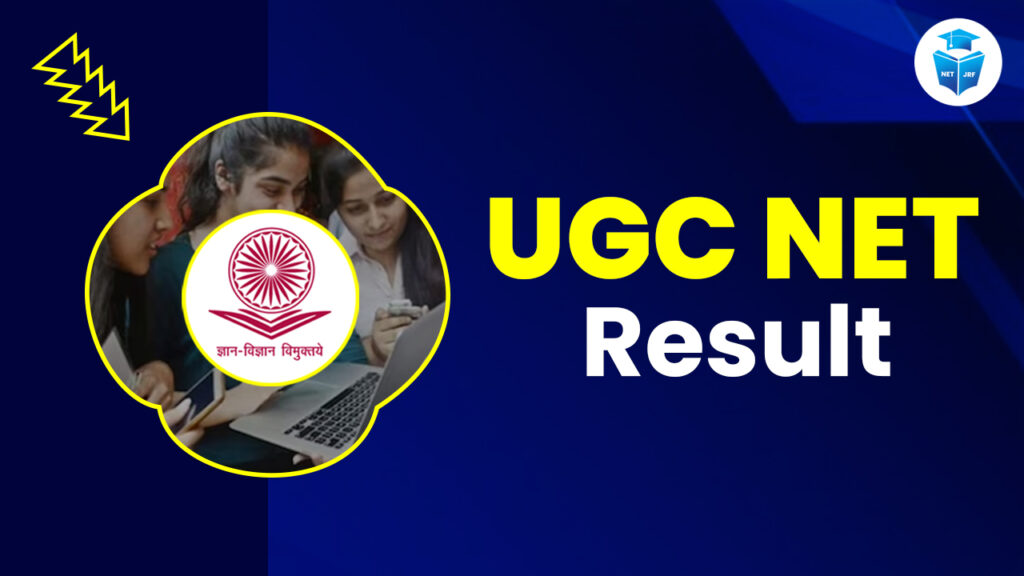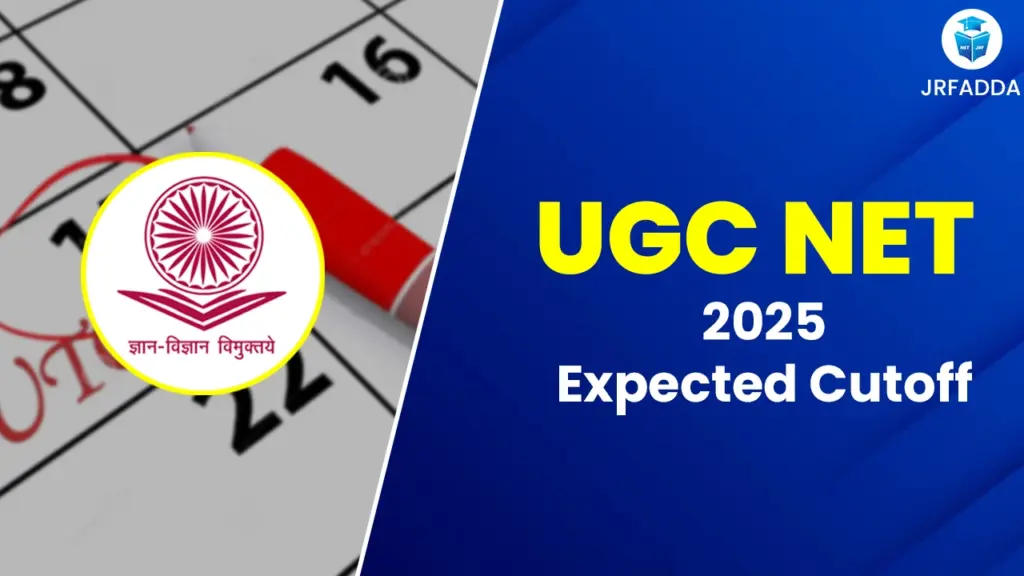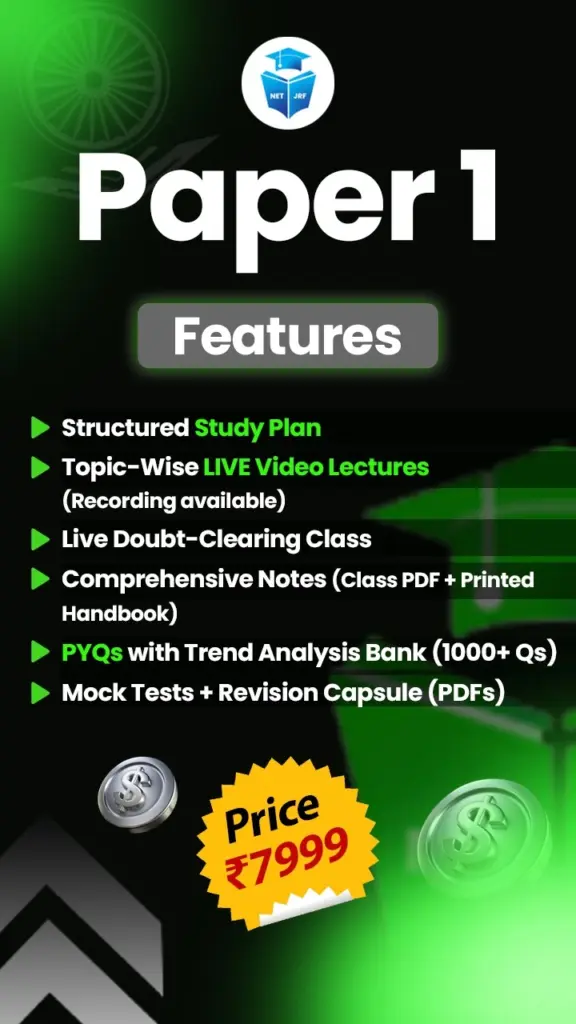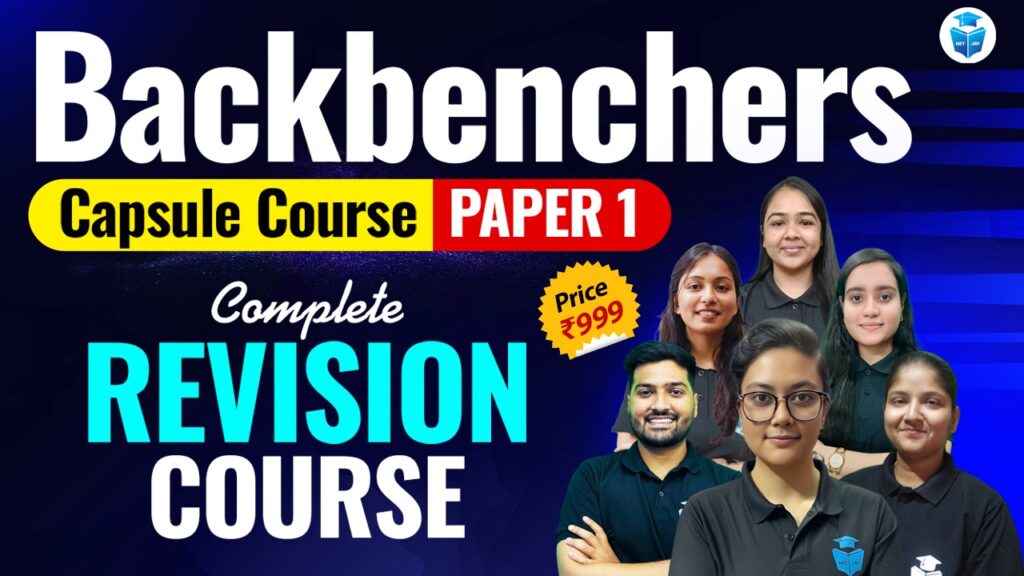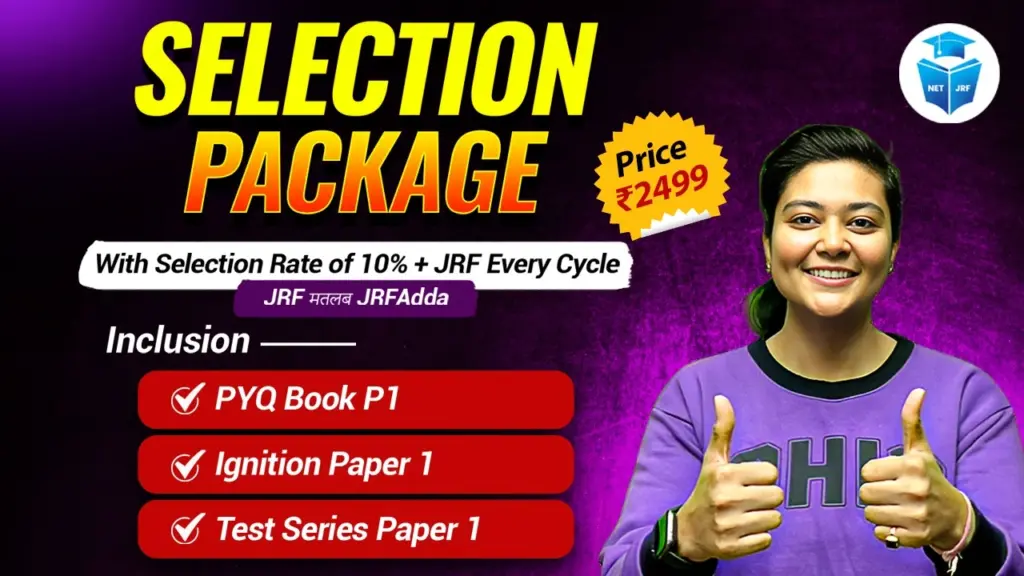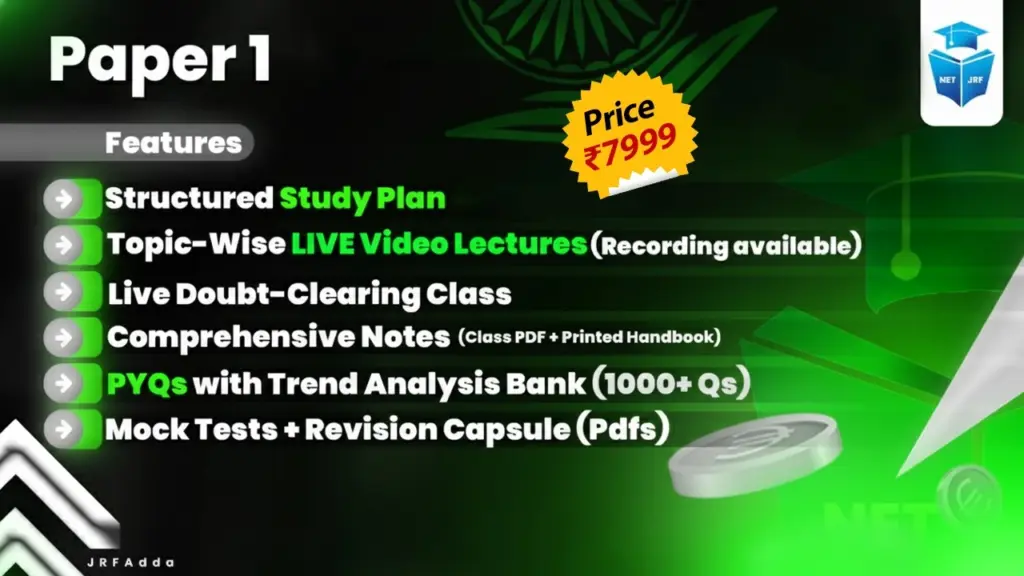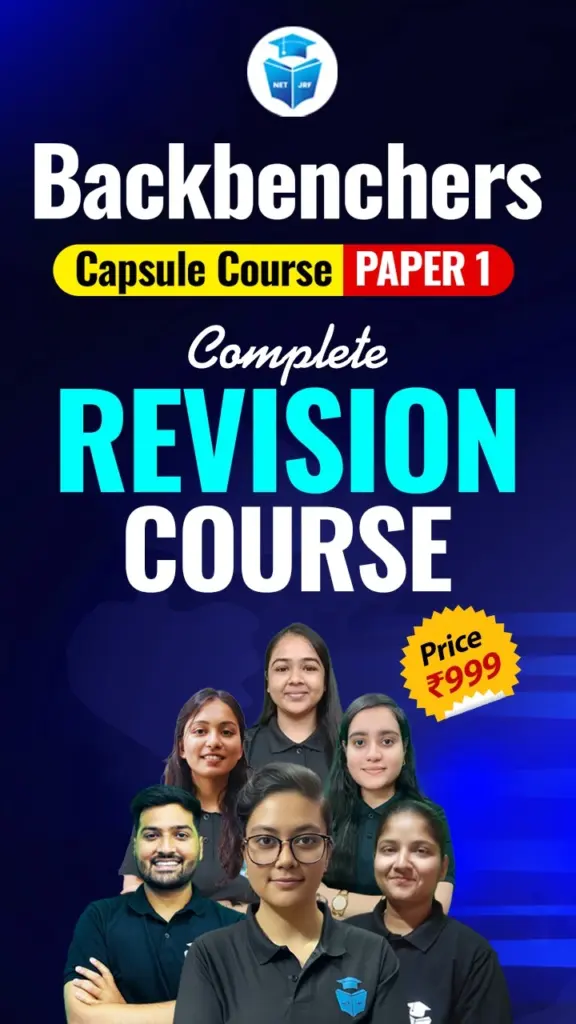UGC NET Adult Education 2025 (also referred to as Continuing Education, Andragogy, or Non-Formal Education) is one of the specialized topics under the University Grants Commission’s National Eligibility Test (NET) administered by the National Testing Agency (NTA). The test provides eligibility to aspirants for Assistant Professorship and Junior Research Fellowship (JRF) positions in adult and continuing education. It serves an important function in facilitating lifelong learning and inclusive education beyond school, particularly for adults. The UGC NET Adult Education 2025 exam for december session conducted on 5 January 2026 in Shift 1.
Also Read: UGC NET Selection Procedure 2026
UGC NET Adult Education 2025 Exam Analysis for 5 Jan 2026
The UGC NET Adult Education 2025 exam, conducted on 5 January 2026 in Shift 1, was rated as moderate in difficulty by most candidates. Paper 1 emerged as easy to moderate in difficulty, featuring balanced coverage across all 10 units with a focus on conceptual understanding rather than rote memory. Questions emphasized PYQ-repeated patterns, including assertion-reason, match-the-following, and direct scoring items in Teaching Aptitude, Research Aptitude, Logical Reasoning, and ICT, allowing well-prepared candidates to attempt 42–45 questions confidently. Student feedback highlights manageable Data Interpretation, predictable syllogisms, and no heavy calculations, making the shift student-friendly and aligned with recent exam trends.
Paper 2 (Adult Education) focused on both theoretical understanding and practical aspects of adult learning. Key areas included philosophy and history of adult education, lifelong learning, literacy programs in India, teaching methods, educational planning, and national and international policies related to adult and continuing education. Some questions also addressed community development, extension education, and use of technology in adult education. While several questions were factual, others required analytical thinking and a good understanding of government schemes and policy frameworks.
Overall, the exam was balanced and in line with the syllabus. On average, candidates reported 60–65 good attempts in Paper 2. A combined score of 125–135 out of 200 is likely to be a safe range for qualifying for Assistant Professor, while higher accuracy would be necessary to qualify for JRF.
What is UGC NET Adult Education?
Adult Education is the process of instruction and education of adults who have been deprived of formal education or want to pursue their education at a later age. It includes all educational endeavors aimed at adults for personal growth, literacy, skill development, social engagement, and empowerment. Continuing Education, Andragogy (adult learning practice and approach), and Non-Formal Education overlap in concerns for learning outside the formal school environment. These areas of study stress flexible, learner-directed strategies that are responsive to the needs of adults in diverse social and economic situations.
Also Read: UGC NET Result 2025
UGC NET Adult Education Eligibility Criteria 2026
Applicants who want to take the UGC NET Adult Education / Continuing Education / Andragogy / Non-Formal Education 2026 exam need to meet certain eligibility criteria laid down by the National Testing Agency (NTA). The eligibility criteria are in place so that only suitable and scholarly individuals are considered for the Assistant Professor post or for Junior Research Fellowship (JRF).
UGC NET Adult Education Educational Qualification 2026
- Applicants should have a Master’s Degree in Adult Education, Continuing Education, Lifelong Learning, Andragogy, Non-Formal Education, or any equivalent discipline from a recognized university.
- The university awarding the degree should be recognized by the University Grants Commission (UGC).
- Applicants with subjects closely related to the subject (such as Education, Sociology, Psychology, etc.) can also be considered if their area of specialization is allied with Adult Education.
UGC NET Minimum Marks Required
- General/Unreserved category applicants should have obtained a minimum of 55% marks (without the rounding off of marks) in their Master’s degree.
- Applicants in OBC (non-creamy layer)/SC/ST/PwD/Third gender categories with a minimum of 50% marks are also eligible.
Final Year Students
- Final year Master’s Degree candidates or candidates who have appeared for the qualifying examination and are expecting results are also eligible to apply.
- These candidates will be admitted provisionally and will be deemed as having qualification only if they clear their Master’s degree examination with required percentage of marks within two years from the date of the NET result.
UGC NET Age Limit 2026
For Junior Research Fellowship (JRF):
- Maximum age limit is 30 years as of the first day of the month of the date of the exam (expected in June or December 2025).
For Assistant Professor:
- No age limit for candidates for Assistant Professor post only.
UGC NET Relaxation of Age
- OBC-NCL, SC, ST, PwD, and Third Gender – by 5 years.
- Women candidates – by 5 years.
- Candidates with research experience or defense services can also receive relevant relaxations (according to NTA guidelines).
Also Read: UGC NET Exam 2026
UGC NET Adult Education Exam Pattern 2025
The UGC NET Adult Education / Continuing Education / Andragogy / Non-Formal Education test is organized by the National Testing Agency. The test adopts a systematic pattern which assesses the teaching skills of the candidates, the reasoning ability, and the subject-related knowledge.
| Paper | Subject | Number of Questions | Marks | Duration |
| I | General Paper on Teaching and Research Aptitude | 50 | 100 | 3 hours (combined for both papers) |
| II | Subject-specific (Adult Education) | 100 | 200 |
Also Read: UGC NET Subject Weightage 2026
UGC NET Adult Education Marking Scheme 2025
The UGC NET Adult Education / Continuing Education / Andragogy / Non-Formal Education 2025 test is organized by the National Testing Agency (NTA) in Computer-Based Test (CBT) mode. The marking scheme is the same for both Paper I and Paper II and is meant to encourage accuracy rather than punish negative attempts.
| Paper | Number of Questions | Marks per Question | Total Marks |
| Paper I | 50 | 2 | 100 |
| Paper II | 100 | 2 | 200 |
| Total | 150 | — | 300 |
UGC NET Adult Education Minimum Qualifying Marks 2025
In order to be eligible for the UGC NET Adult Education / Continuing Education / Andragogy / Non-Formal Education 2025, candidates need to obtain the minimum prescribed marks by the National Testing Agency (NTA). These marks vary for different categories and are determined on the aggregate basis of marks secured in both Paper I and Paper II.
| Category | Minimum Marks (Paper I + Paper II) |
| General / Unreserved | 40% aggregate |
| OBC (NCL) / SC / ST / PwD / Transgender | 35% aggregate |
Also Read: UGC NET Eligibility 2026
UGC NET Adult Education Syllabus 2026
The syllabus has been divided into 10 units, with each unit covering a particular area of study in the field of Adult Education, Continuing Education, Lifelong Learning, and Non-Formal Education.
UGC NET Adult Education Syllabus Paper 2 2026 – Unit Wise
| Unit No. | Unit Title | Topics Covered |
| Unit 1 | Adult Education: Foundations and Theoretical Perspectives | – Concept, aims, philosophy, scope
– Historical development (India & global) – Paulo Freire, Dewey, Illich – Pedagogy vs. Andragogy – Theories of adult learning – Lifelong learning relevance |
| Unit 2 | Policy and Planning in Adult Education | – NPE 1968, 1986, NEP 2020
– Five-Year Plans – National Literacy Mission (NLM), Sakshar Bharat – Govt and NGO roles – Planning and management |
| Unit 3 | Curriculum Development and Transaction | – Principles of curriculum development
– Teaching-learning materials – Participatory approaches – Literacy, skills, life enrichment – Role of ICT |
| Unit 4 | Research Methods in Adult Education | – Types: qualitative, quantitative
– Tools of data collection – Action research – Evaluation strategies |
| Unit 5 | Lifelong Learning and Continuing Education | – Meaning and scope
– Open and Distance Learning (ODL) – Role of institutions/universities – Global trends in lifelong learning |
| Unit 6 | Literacy, Post-Literacy & Lifelong Learning Programs | – Literacy, post-literacy strategies
– Functional/health/financial/legal literacy – Equivalency and continuing education centers |
| Unit 7 | Management, Monitoring, and Evaluation | – Planning and implementation
– Supervision and monitoring – Resource mobilization – Evaluation methods |
| Unit 8 | Professionalization of Adult Education | – Capacity building
– Roles of adult educators – Training programs – Ethics in adult education |
| Unit 9 | Agencies and Institutions | – MHRD, NCERT, NIOS
– NGOs, civil society – UNESCO, UNICEF, UNDP – Partnerships and convergence |
| Unit 10 | Issues, Challenges, and Innovations | – Marginalized groups
– Gender, caste, tribal issues – Inclusive practices – Use of technology and innovation |
Also Read: UGC NET Syllabus 2026
UGC NET Adult Education 2026 Syllabus PDF Download
You may download the official UGC NET Adult Education / Continuing Education / Andragogy / Non-Formal Education Syllabus 2026 PDF from the official website of the University Grants Commission and from the following link.
| Language | Download Link |
| Adult Education(English) | Download UGC NET Adult Education Syllabus 2026 |
| Adult Education(Hindi) | UGC NET वयस्क शिक्षा सिलेबस 2026 PDF डाउनलोड करें (हिंदी में) |
Download UGC NET Full Official Syllabus 2026 PDF
UGC NET Adult Education Question Paper 2025
The UGC NET Adult Education / Continuing Education / Andragogy / Non-Formal Education question paper is an essential study material for the candidates who wish to clear the exam with thorough knowledge of concepts, theories, and latest developments in adult and lifelong learning.
| Exam Name | Download Link |
|---|---|
| UGC NET Adult Education Question Paper 2025 December | Download Link (Available Soon) |
Also Read: UGC NET Cutoff 2025
UGC NET Adult Education Previous Year Question Papers
If you are preparing for UGC NET Adult Education / Continuing Education / Andragogy / Non-Formal Education, then solving previous year question papers is a must-do approach. These papers assist you in grasping the exam pattern, topic weightage, and level of difficulty—thus making your preparation more efficient and exam-oriented.
| Exam Name | Year | Download PDF |
| UGC NET Adult Education (June) | 2025 | Download Link |
| UGC NET Adult Education | 2024 | Download Link |
| UGC NET Adult Education | 2023 | Download Link |
| UGC NET Adult Education | 2022 | Download Link |
| UGC NET Adult Education | 2021 | Download Link |
| UGC NET Adult Education | 2018 | Download Link |
Also Read: UGC NET Exam Pattern 2026
Career Scope After Qualifying UGC NET Adult Education
Qualifying the UGC NET in Adult Education / Continuing Education / Andragogy / Non-Formal Education opens doors to a vast range of career prospects in academics, research, government organizations, NGOs, and international agencies. This elite qualification attests to your proficiency in adult and continuing education, authorizing you to make meaningful contributions to lifelong learning and social progress.
| Career Area | Opportunities / Roles | Details / Employers |
| Lectureship and Academic Positions | Assistant Professor, Research Supervisor | Universities, Colleges, Institutes with Adult Education & Continuing Education departments |
| Teach undergraduate and postgraduate courses | Guide M.Phil and Ph.D. scholars | |
| Research Opportunities | Ph.D. and Post-Doctoral Research | Government research bodies like NCERT, NIEPA, National Literacy Mission Authority |
| Researcher, Policy Analyst | Think tanks, policy research organizations focused on lifelong learning and educational reforms | |
| Government and Public Sector Jobs | Program Coordinator, Trainer, Curriculum Developer | Adult Education Boards, Literacy Mission Programs, Skill Development Missions at state and central levels |
| Roles in Open and Distance Education | National Institute of Open Schooling (NIOS), State Open Universities | |
| Non-Governmental Organizations (NGOs) | Field Officer, Project Manager, Educator, Community Trainer | NGOs focused on adult literacy, women empowerment, rural development, continuing education |
| Capacity building and education projects | International NGOs | |
| International Career Prospects | Consultant, Education Specialist | UNESCO, UNICEF, World Bank, and other global agencies in education and human development |
| Policy formulation, lifelong learning projects | Scholarships and fellowships for higher studies abroad | |
| Skill Development and Training | Trainer, Curriculum Developer | Vocational training centers, youth and adult skill development programs |
| Design and deliver literacy, life skills, digital literacy modules | Capacity-building programs in urban and rural areas | |
| Content Development and Educational Technology | Curriculum designer, Study material developer, E-learning content creator | Educational technology research, EdTech companies focusing on lifelong learning |
| Research and development of non-formal and continuing education technologies |
Also Read: UGC NET Application Form 2026
UGC NET Adult Education Preparation Tips 2026
Below are some preparation tips mentioned for UGC NET Adult Education 2026:
- Understand the Syllabus Thoroughly: Begin by closely reading the entire syllabus of Adult Education, Continuing Education, Andragogy, and Non-Formal Education. Being familiar with the major topics will allow you to effectively schedule your studies.
- Make a Practical Study Plan: Leave adequate time for every subject area. Prioritize subjects as per your strength and weakness and make sure you cover theory as well as application topics.
- Consult Standard Books and Study Materials: Use acclaimed textbooks and UGC NET-oriented guides. NCERT textbooks, books by authors such as Bhatnagar & Mohanty, and research papers on the subject can give a solid conceptual foundation.
- Practice Previous Year Question Papers: Practice previous years’ UGC NET Adult Education question papers to familiarize yourself with examination trends, commonly asked questions, and time management.
- Make Notes and Summaries: During the study, make brief notes and summaries for a quick revision. Mark important definitions, theories, and case studies.
- Improve Focus on Key Concepts and Theories: Give extra care to important concepts such as andragogy principles, adult learning theory, literacy programme, policy structures, and assessment techniques in adult education.
- Stay Updated with Recent Developments: Stay updated about recent government policies, schemes, and international models on adult and continuing education.
- Join Coaching or Online Courses if Needed: If self-study is not easy, then join a coaching institute or online courses that are specialized in UGC NET Adult Education.
- Practice Time Management: While preparing and giving practice tests, practice time management to try all the questions within the specified duration of time.
- Stay Consistent and Motivated: Study, revision, and practice regularly. Stay motivated and positive towards your objective of clearing the UGC NET exam.
Conclusion
The UGC NET Adult Education / Continuing Education / Andragogy / Non-Formal Education exam is a vital entry point for those seeking to make a difference in the area of lifelong learning, adult literacy, and inclusive education. With a deep knowledge of the syllabus, examination pattern, and preparation strategies, candidates can prepare well for the test and gain the possibility to flourish in academia, research, government, NGOs, and international agencies. Remaining disciplined, informed with current policies, and rehearsing diligently will assist candidates in attaining success and contributing significantly to empowering adult learners in India and worldwide.
UGC NET Adult Education 2025 FAQs
What is UGC NET Adult Education full form?
It is the University Grants Commission National Eligibility Test in Adult Education, also referred to as Continuing Education, Andragogy, or Non-Formal Education.
Who conducts the UGC NET Adult Education exam?
The exam is conducted by the National Testing Agency (NTA) on behalf of the University Grants Commission (UGC).
What is the eligibility for UGC NET Adult Education 2025?
Applicants should possess Master’s degree in Adult Education or allied subjects with minimum 55% marks for General and 50% for reserved candidates. Final year students may also apply provisionally.
Is there any age restriction for UGC NET Adult Education examination?
For Junior Research Fellowship (JRF), the age limit is 30 years with relaxation for women candidates and reserved categories. There is no age restriction for Assistant Professor eligibility.
What is the pattern of the UGC NET Adult Education Exam?
The examination is composed of two papers – Paper I on teaching and research ability (50 questions, 100 marks) and Paper II on the subject matter (100 questions, 200 marks), both in CBT mode.

